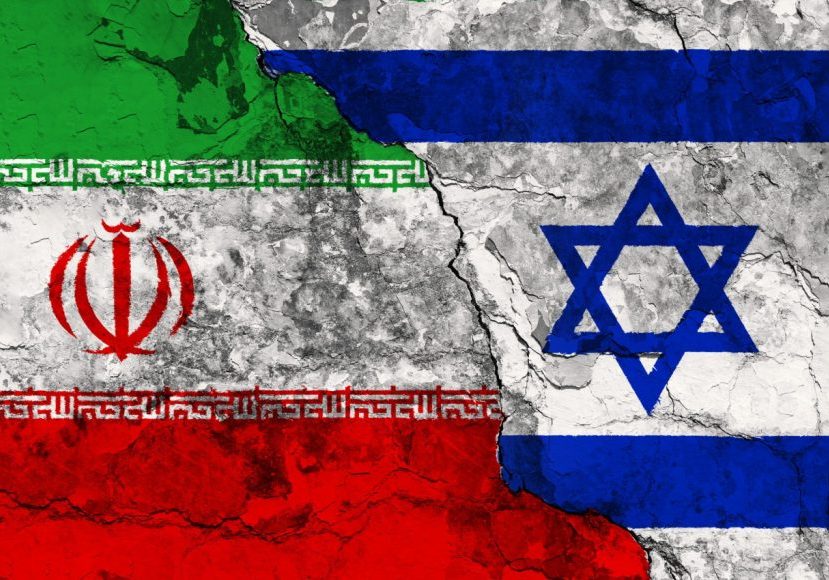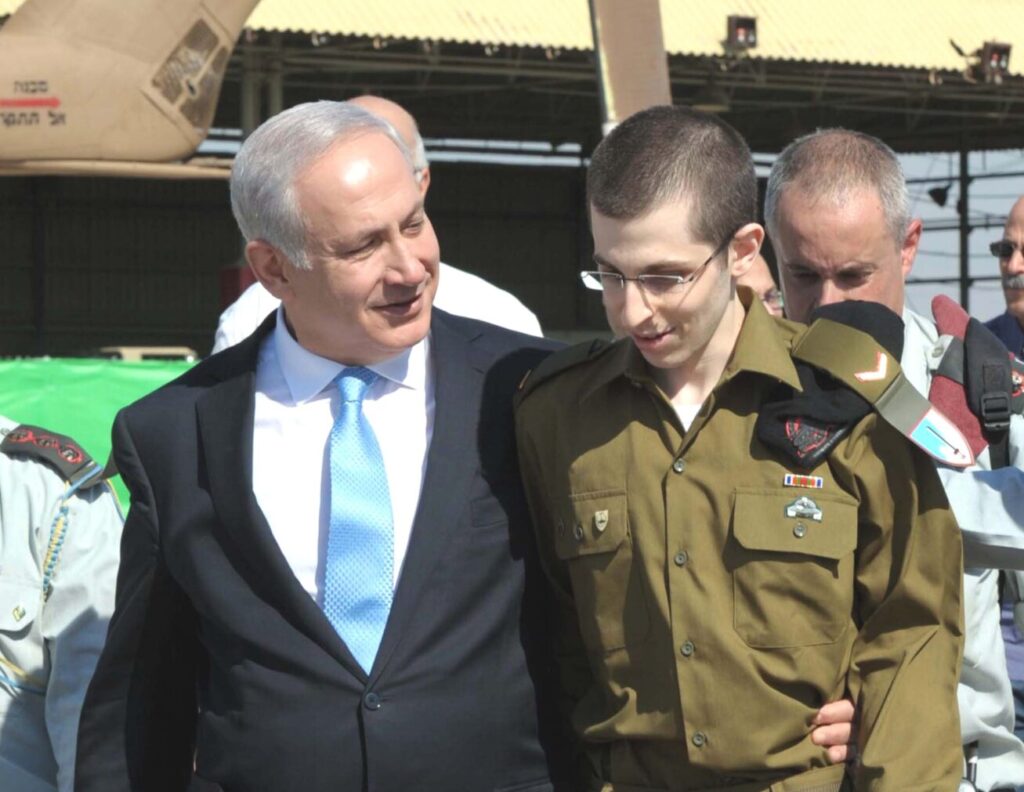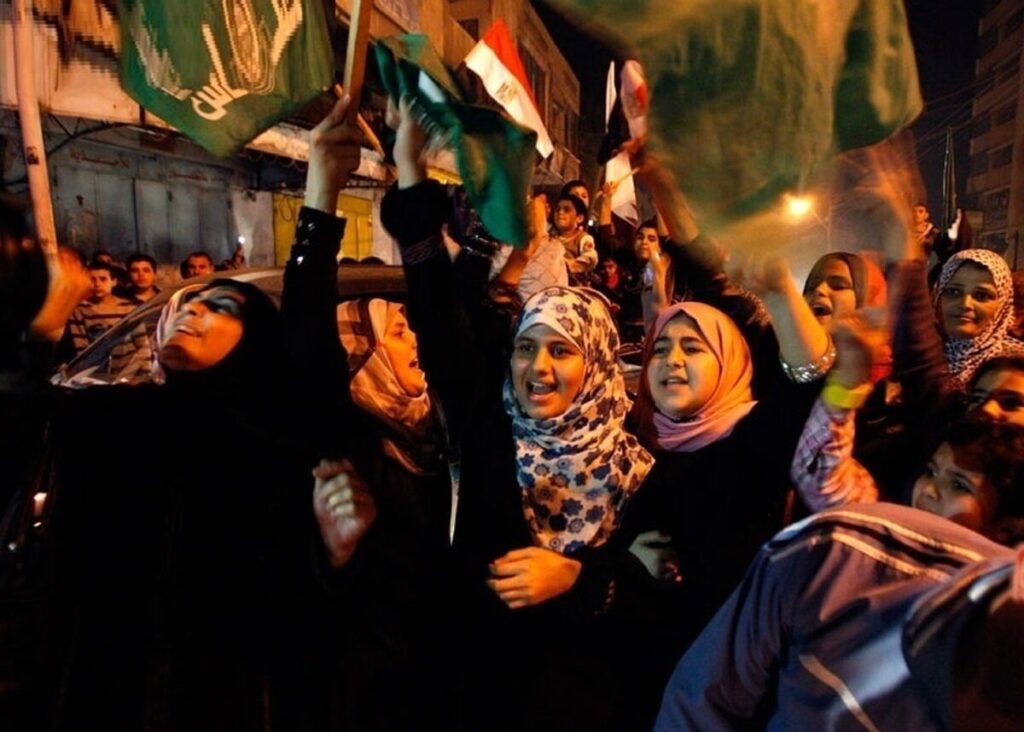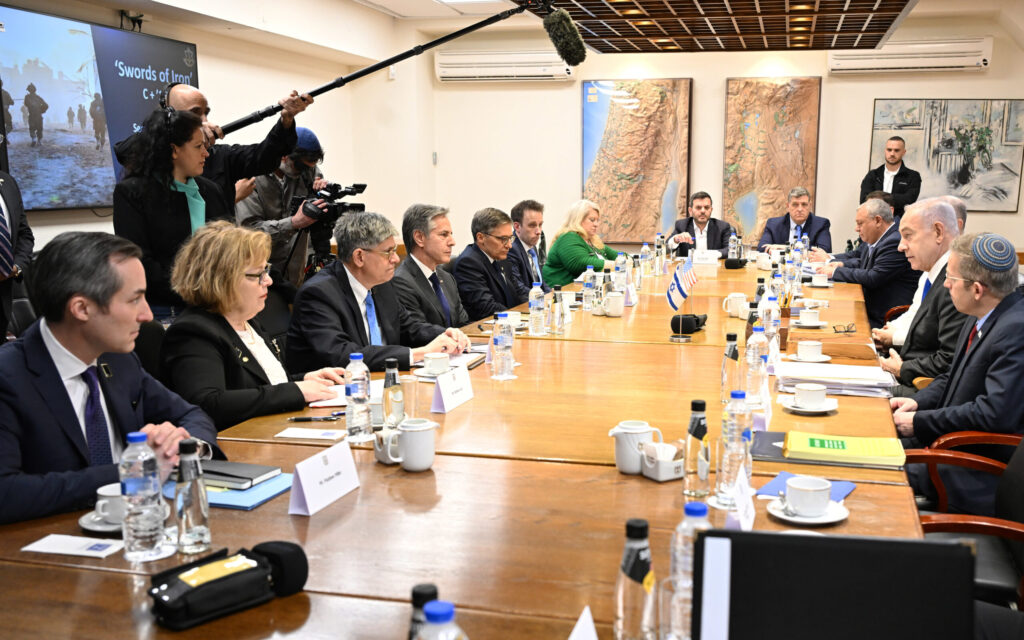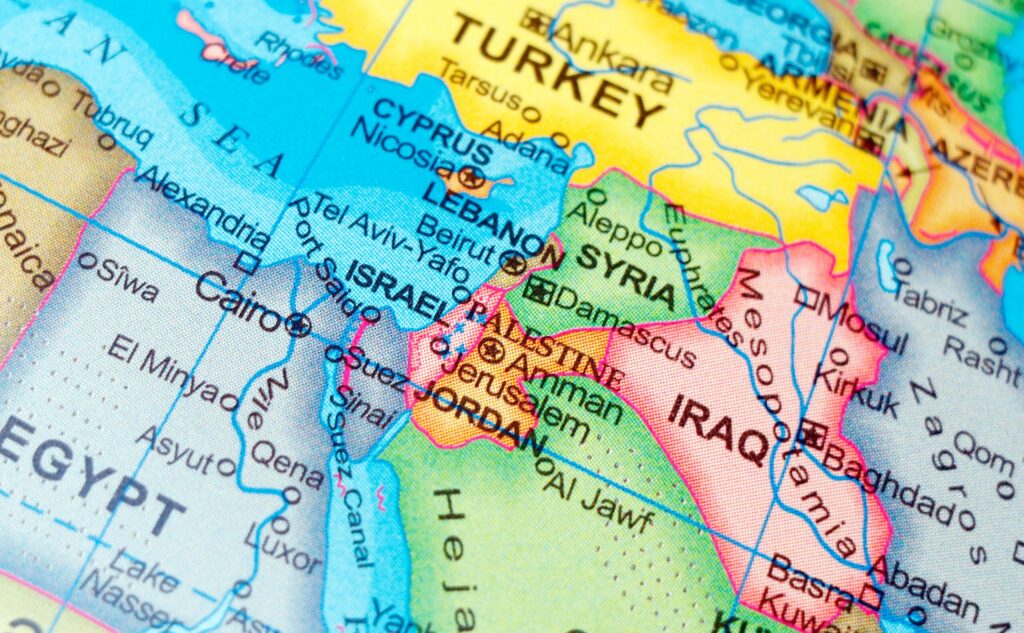IN THE MEDIA
A No vote at the UN is a Yes vote for Israeli-Palestinian peace
Sep 2, 2011 | Allon Lee
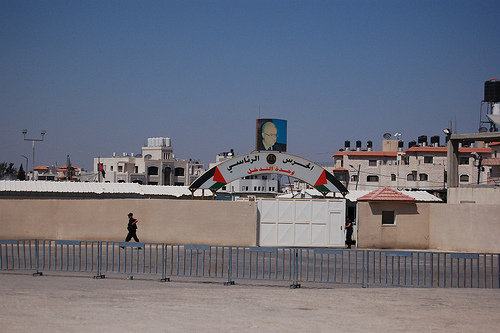
Allon Lee
ABC online – The Drum, September 2, 2011
Australia should vote against any United Nations resolution that attempts to replace negotiations between Israel and the Palestinians as the only route to Palestinian statehood.
If a “Yes” vote produced a Palestinian state that resolved all the issues of borders, refugees, settlements, and Jerusalem, Israel would be the first to support it.
Unfortunately, as it stands, the resolution the Palestinians are seeking absolutely will not help end the conflict and will almost certainly exacerbate it.
There is plenty of evidence the Palestinians want UN imprimatur for a state rather than negotiating an end to the conflict precisely because they want to acquire a state without having to end the conflict or deal with such tricky issues as the need to renounce the right of return claim of refugees.
Palestinian Authority (PA) president Mahmoud Abbas has vowed the Palestinians will never renounce their right of return, which if it were actually implemented would entitle most Palestinians to live not only in a future state of Palestine but also Israel. At the same time, Abbas has also promised that no Jew will be allowed to live in Palestine. That is not a two-state solution.
Between 2000 and 2008 the PA rejected three comprehensive Israeli plans for a state. The last included the equivalent of 100 per cent of the West Bank, most of east Jerusalem and a formula resolving the issue of refugees.
In 2009, current Israeli PM Benjamin Netanyahu unilaterally froze new construction in the settlements for 10 months and, de facto, in east Jerusalem to kick-start peace talks. PA president Mahmoud Abbas only agreed to talk in the ninth month and then only to discuss extending the moratorium.
Last January, al-Jazeera and the Guardian publicised supposed PA summaries of meetings held with Israeli negotiating teams in 2008. The PA’s limited compromises were portrayed as humiliating concessions that gave up too much without receiving anything in return.
Instead of taking the opportunity to tell Palestinians “these are the compromises necessary for genuine peace”, the PA furiously denied the story.
So how will the resolution increase conflict?
From first principles, the proposed resolution undermines UN Security Council resolutions 242 and 338 setting out the formula for resolving the conflict through negotiations to achieve “secure and recognised boundaries”.
Legally, the PA exists because the Palestine Liberation Organisation, as the Palestinians’ official representative, signed the Oslo Accords with Israel in the 1990s.
The 1995 Oslo II agreement obligated both parties to negotiate borders and not act to change the status of the territories pending outcome of the permanent status negotiations. Thus the September resolution would be a declaration by the PA that Oslo is finished. Israel would no doubt respond with its own unilateral moves.
Some Palestinians are advocating an ongoing campaign to begin next month for implementing their “right of return” by marching on Israel’s borders from the West Bank, which would likely trigger violence.
Others suggest demanding the application of the UN Partition Plan the Palestinian leadership rejected in 1947.
This is all dangerous pie-in-the-sky territory.
But let us evaluate if the Palestinians are even ready for statehood.
If a politically united national authority is a necessary precondition for statehood, as required by the Montevideo Convention of 1933, then the Palestinians fall down at the starting blocks.
Despite the hoopla over the May 4 “reconciliation” pact between Fatah, which runs the PA in the West Bank, and Hamas, which rules the Gaza Strip, the agreement is effectively dead. No unity government deal can be agreed upon and Abbas’ inability to visit Gaza emphatically proves this.
The unity government is supposed to be the Palestinians’ own test for UN recognition of statehood.
At an institutional level, Abbas governs by fiat. His term in office expired in 2009 and national parliamentary elections have been continually postponed.
Meanwhile, Hamas has its own president and PM ruling over Gaza.
Much of the legitimacy of the PA’s claim they are ready for a state lies in the good work of its prime minister Salam Fayyad – an economist and former IMF official – who has tried to introduce good governance into the PA.
Tellingly, Fayyad himself is not a full-throated supporter of the UN move. In a June 28 interview he said: “Unless Israel is part of that consensus, [nothing would change on the ground], because to me it is about ending Israeli occupation.”
Hamas will never accept Fayyad as PM in a unity government and has said a unity deal does not obligate it to recognise Israel.
However, as Hamas is officially a partner in the PA government, supporting the resolution would give legitimacy to Hamas, proscribed in Australia and many other countries as a terrorist group.
According to Hamas cofounder Mahmoud al-Zahar, the UN initiative is “a political scam”.
On August 21, Nabil Elaraby, Secretary-General of the Arab League, warned that the UN bid was a dangerous brew: “The unilateral appeal to the UN Security Council and UN General Assembly could be a very dangerous move for the Palestinians during this period and I propose that Abbas reconsider the handling of the matter.”
So why should the UN, let alone Australia, elevate this mess to the level of a state?
Statehood also stumbles on other fundamentals vital for a functioning democracy.
Palestinian journalist Majdoleen Hassouneh is currently in hiding because the PA’s security forces want to arrest her for reporting on a sit-in strike held by relatives of prisoners in West Bank jails. After she refused to report for interrogation, her two brothers were arrested.
This is hardly an isolated incident, and intimidation of journalists by the PA is a relatively routine occurrence.
The security forces and the physicians’ union are separately suing a satirical Palestinian TV show that included a skit they claimed degraded police officers and doctors.
Finally, the other argument being pushed to legitimise the call for the immediate establishment of a Palestinian state is the falsehood that Israeli settlements are devouring the land available for a viable Palestinian state.
Since 1998, no new settlements have been established in the West Bank and in 2003, as part of its commitment to the Roadmap for Peace, Israel agreed that the territorial boundaries of existing settlements would not be expanded.
The only settlement activity that has taken place is natural growth within existing settlements, and mostly in those settlements that are widely conceded as likely to be retained by Israel in any peace deal.
The contours of every comprehensive peace deal Israel has contemplated have all factored in the relocation of 20-25 per cent of Israelis who currently live in settlements, with the balance remaining on the 6 per cent of the West Bank Israel will annexe in exchange for land swaps.
Israel’s withdrawal of all its settlements, including 9,000 Israelis, from Gaza in 2005 and the 2,500 from Yamit in the Sinai in 1982 also shows that when required it will make painful social and structural changes of its body politic for the greater good.
Taking all these things into consideration, it is therefore clear that the Palestinian leadership prefers the international community impose a solution without them needing to accept “humiliating” compromises and, more importantly, actually ending the conflict.
It is also clear the diplomatic move to have the UN recognise a State of Palestine is premature, damaging to the prospects for peace and favours posturing over the responsible course of resolving the conflict through direct peace talks.
If Australia wants to affirm its support for resolving the conflict through negotiation, it would be better to vote against the UN resolution and thus avoid what will be a recipe for greater conflict for the foreseeable future.
Allon Lee is a policy analyst at the Australia/Israel & Jewish Affairs Council.
An edited version of this article also appeared in the Canberra Times.
Tags: Australasia

